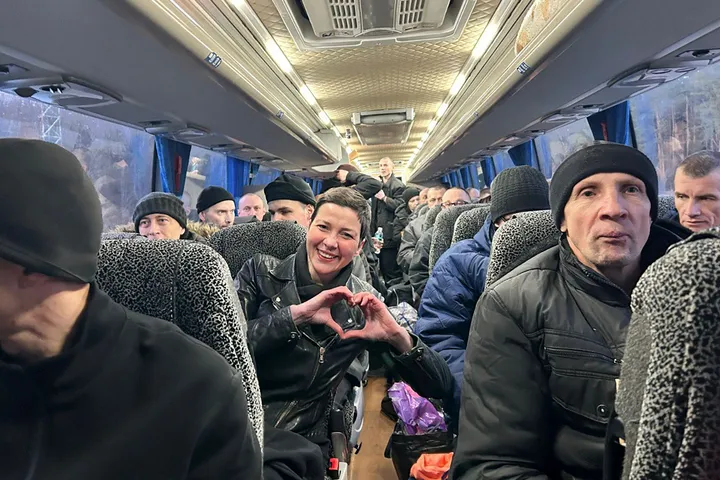A suicide bomber detonated himself at the gate of a Shia mosque in the Afghan capital Kabul as other attackers stormed the building, killing at least 30 people and injuring dozens as worshippers gathered for Friday prayers, officials said.
The death toll rose to 43 on Saturday.
Daesh claimed responsibility for the attack.
"The attackers are slaughtering people like sheep but there's no one to go and rescue them," said Murtaza, a young boy whose parents were trapped inside as the attack unfolded.
"A lot of people are on the ground and no one is trying to rescue them."
TRT World spoke with Bilal Sawary in Kabul, who has more on the aftermath and ongoing investigations.
By Friday evening police said they had secured the mosque in the Khair Khana area of the capital.
There were four attackers in total.
Two blew themselves up at the gate of the mosque, and another two were shot dead by Afghan security forces.
Witnesses said they had thrown grenades and police officials said a suicide bomber detonated himself at the gate.
A second suicide bomber detonated among a group of women in the mosque, an official said.
At least 10 civilians were killed, including women and children, while another 30 were wounded, Ministry of Interior spokesman Najib Danish said earlier in the day.
At least three policemen were also killed and eight wounded, he added.
Police said they rescued more than 100 worshippers.
At least 15 of the wounded were taken to city hospitals, said Ismail Kawosi, a spokesman for the Ministry of Public Health.
Gathering for burials
Hundreds of Shia mourners began burying the victims of a suicide bomb and gun attack Saturday as the death toll from the atrocity rose to 43.
In scenes that have become all too depressingly familiar for people in the war-torn country recently, wailing mourners gathered at the mosque Saturday to lay the bodies of the dead side by side in graves.
"We used to attend ceremonies such as Ashura together in this mosque, but today I am burying their bodies here," Hussain Ali, who lost a friend in the attack, said.
"This is not the first time, it keeps happening. The government has failed to provide us security. Even today in this ceremony people are worried lest something will happen," he added.
Earlier this month 33 worshippers were killed and 66 wounded in a suicide attack claimed by Daesh on a Shia mosque in the western Afghan city of Herat.
Twin explosions in July 2016 ripped through crowds of Shiite Hazaras, killing at least 85 people and wounding more than 400.
Human rights activists condemned the attack, the latest in a campaign of sectarian violence.
"Insurgents who carry out atrocities against a specific ethnic or religious community are committing war crimes and possibly crimes against humanity," Patricia Gossman, a senior researcher for Human Rights Watch, said in a statement.
























